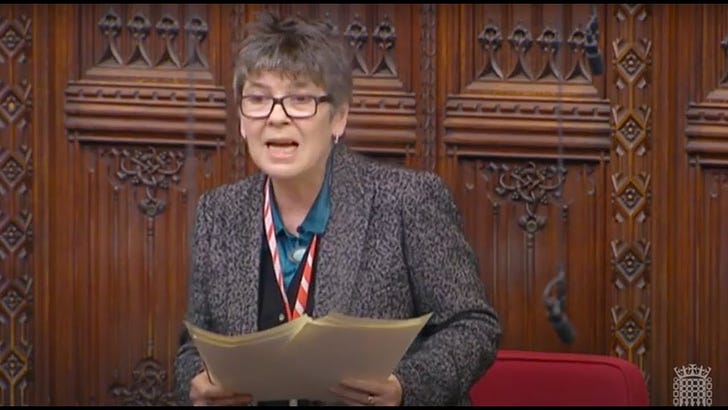Recording of an Academy of Ideas debate on Tuesday 28 June 2022.
INTRODUCTION Around the world, prices of a wide range of goods and commodities have been rising sharply for the past few months. In particular, the wholesale cost of energy has been rising fast as the world economy recovered from the pandemic restrictions. Petrol prices have risen by almost a third in the past 12 months. The UK domestic energy ‘price cap’, which hit a low of £1,042 in 2020, is expected to rise to £2,800 in October. Consumer price inflation has hit 9% and is likely to reach 10% by the end of the year. For those on lower incomes, who spend more of their income on food and energy, the impact is even greater.
There are multiple explanations for the rises: the post-pandemic recovery and problems with shipping have been widely cited. The war in Ukraine and sanctions against Russia are hitting energy and food prices. Many economists also point to the rise in the money supply – thanks to ultra-low interest rates, quantitative easing and huge government spending programmes. Rises in production have not kept pace with rising demand, so prices have risen.
But the other side of the story is that wages are not keeping up with rising prices. As a result, most people are seeing real-terms cuts in their living standards. Governments and central bankers seem desperate to keep a lid on wage rises, desperate to avoid a ‘wage-price spiral’, but the effect is to make most people significantly poorer. Those on fixed incomes may be hardest hit of all.
What are the main reasons for the rise in living costs? What can be done to help reduce the impact? Should we be looking beyond short-term and temporary factors? Is this a crisis that has been coming for some time?
SPEAKERS Robert Fig principal, Metals Risk Team, a commodity risk-management consultancy; previously worked at ArcelorMittal and London Metals Exchange
Phil Mullan writer, lecturer and business manager; author, Beyond Confrontation: globalists, nationalists and their discontents
Hilary Salt actuary; founder, First Actuarial











